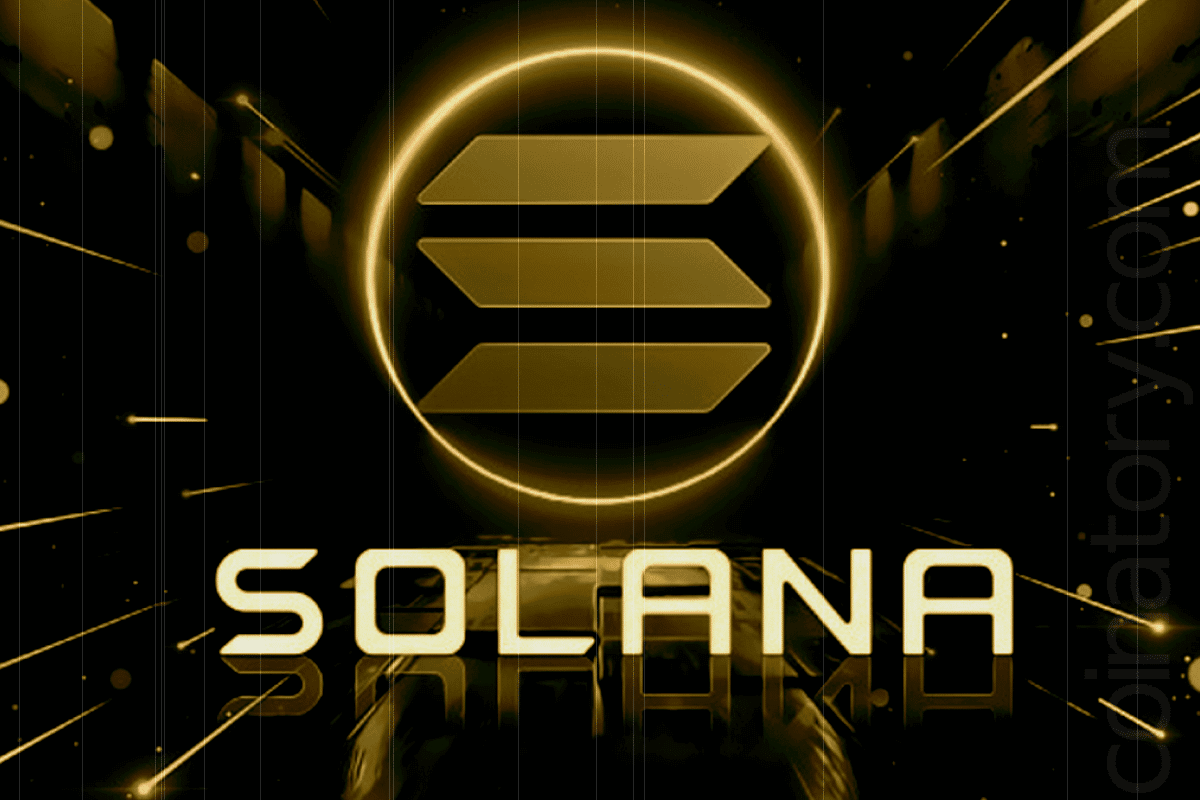
Crypto research firm Galaxy Research has proposed a novel approach to managing Solana’s inflation rate through a new voting system aimed at fostering broader consensus within the validator community.
Unveiled on April 17, the proposal, titled “Multiple Election Stake-Weight Aggregation” (MESA), offers a market-based alternative to Solana’s traditional binary voting structure. The initiative seeks to adjust the method for determining future inflation rates of Solana’s native token, SOL, following the community’s failure to reach consensus in a previous vote.
Rather than relying on simple yes/no voting outcomes, MESA enables validators to distribute their votes across multiple deflation rate options. The final inflation adjustment would then be calculated as a weighted average of these preferences. Galaxy Research explained, “Instead of cycling through inflation reduction proposals until one passes, what if validators could allocate their votes to one or many changes, with the aggregate of ‘yes’ outcomes becoming the adopted emissions curve?”
The impetus for the MESA model stems from the shortcomings of SIMD-228, an earlier proposal that called for a shift from Solana’s fixed inflation schedule to a dynamic, market-based model. Although SIMD-228 highlighted widespread support for lowering SOL’s inflation, it faltered due to the binary voting structure’s inability to capture nuanced preferences.
Under the MESA framework, Solana would maintain its fixed terminal inflation rate of 1.5%. Validators would be presented with several deflation rate options; the aggregated average would determine the new emissions curve if a quorum is reached. For instance, if 5% of voters favor no change, 50% vote for a 30% deflation rate, and 45% support a 33% rate, the aggregated outcome would yield a 30.6% deflation rate.
Galaxy Research emphasized that the MESA model would allow validators to express a broader range of preferences, enhancing market responsiveness while maintaining the predictability of Solana’s inflation trajectory. “Galaxy Research seeks to suggest a genuinely alternative process to achieving what we believe is the community’s broad goal, and not necessarily proscribe any particular inflation rate outcome,” the firm noted.
Currently, Solana’s inflation rate begins at 8% annually, declining by 15% each year until reaching the fixed terminal rate of 1.5%. As of now, Solana’s inflation stands at 4.6%, with approximately 64.7% of the total supply—equivalent to 387 million SOL—staked, according to data from Solana Compass.
It is notable that Galaxy Strategic Opportunities, an affiliate of Galaxy Research, actively participates in Solana’s network by providing staking and validation services.







